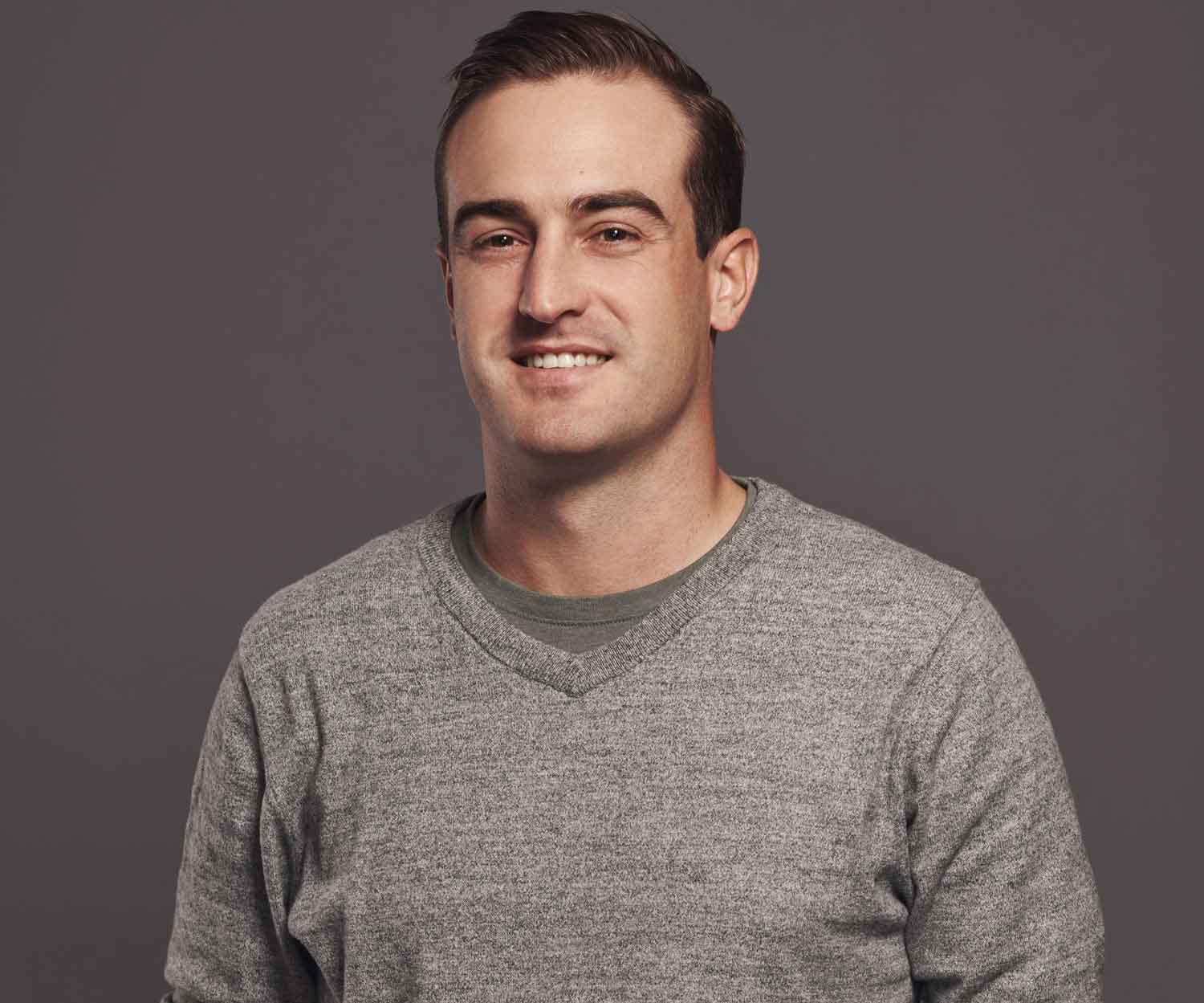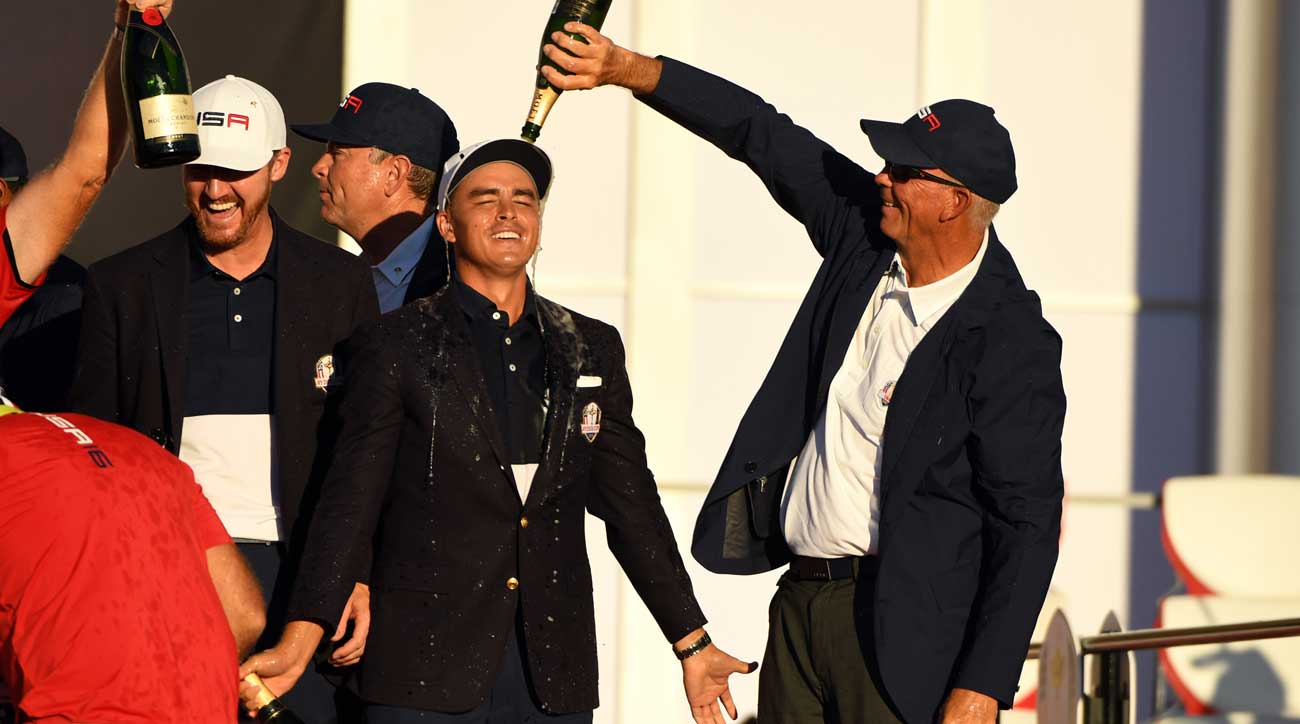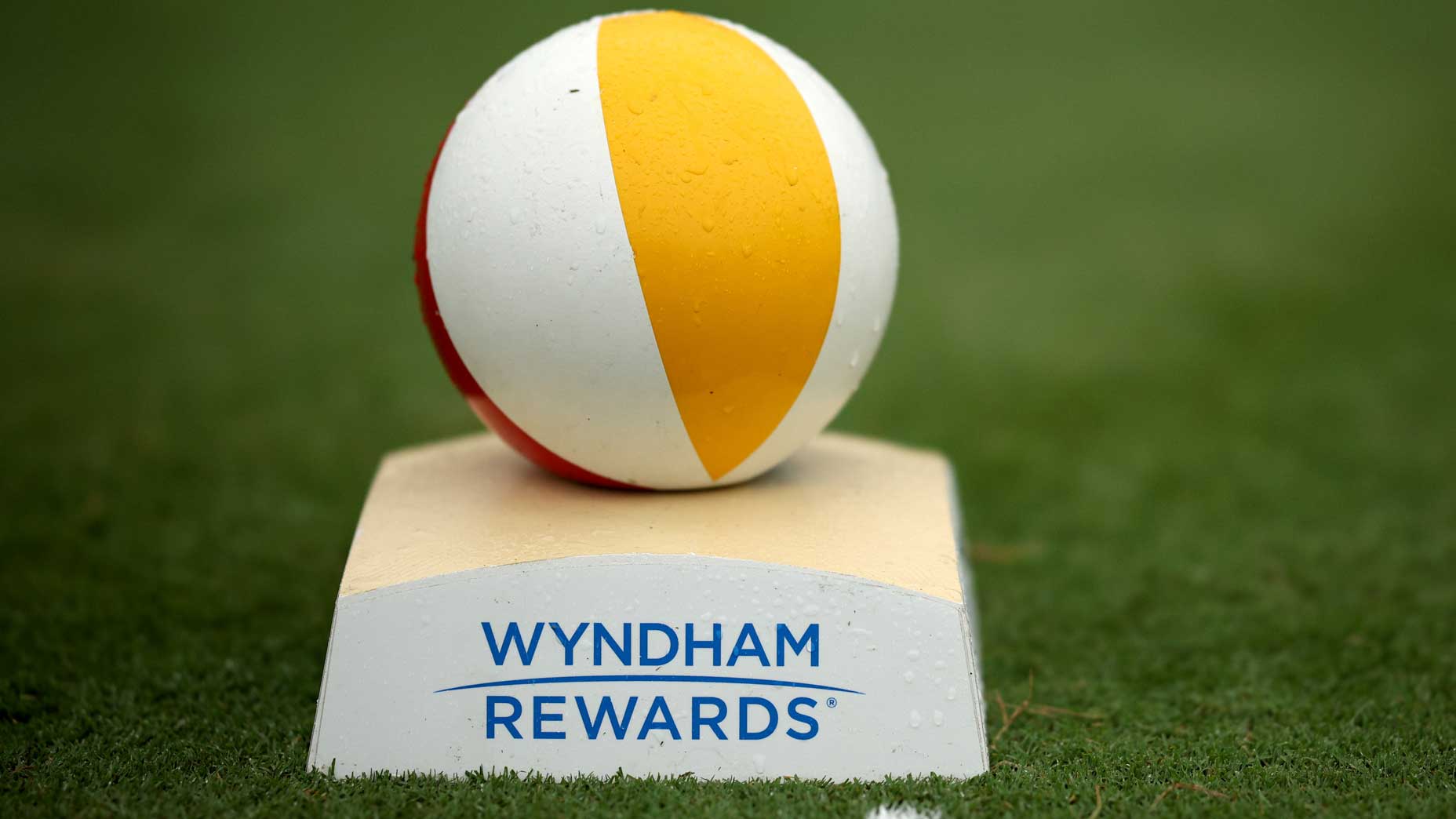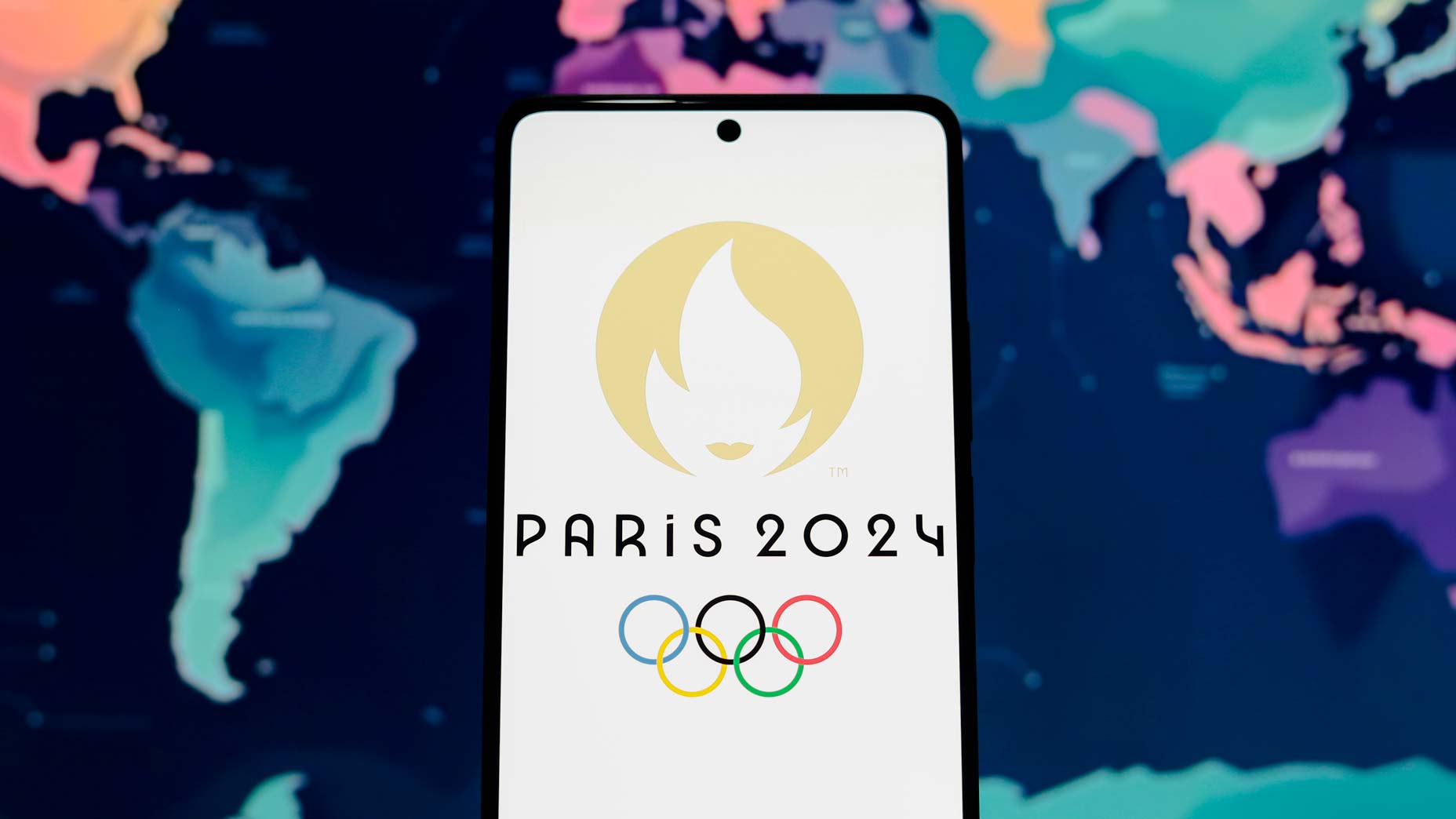UPDATE: Entering the day with a 59% chance to win the Ryder Cup, the U.S. side used the first session to create an even greater advantage, winning three of the four matches. Only Tommy Fleetwood and Francesco Molinari were able to scrounge up a win for the European team.
What does that mean for the win probability? Well, the Americans are even more likely to get the job done now. According to Mark Broadie, the U.S. team has a 76% chance to win 14 points or more and bring the Cup back to the States for another two years. Within that percentage is an 8% chance that the match ends in a tie, at 14-14, in which case the U.S. team would retain the cup. Yes, that means the Euro team has just at 24% chance of winning, but as we all know, crazier things have happened at this event.
As stated below, the Americans began the event with a 59% win probability based off 200,000 simulations of Broadie’s model (which is based off strokes gained differences between Ryder Cup players in the same events). You can follow the session-by-session changes below.

—————-
SAINT-QUENTIN-EN-YVELINES, France — At long last, the Ryder Cup is upon us. The most emotional event in golf kicks off Friday morning in France. Europe versus the United States. Game on.
The Euros need to win 14.5 points to win back the Ryder Cup. The Americans, as the defending champs, need just 14 to earn a tie and retain the Cup. These two numbers only become more important as play continues through the weekend. As it stands now, the U.S. is the favorite, according to both Vegas oddsmakers and Mark Broadie, golf statistician and GOLF contributing writer.
After sizing up the pairings for Friday’s first session, Broadie’s model calls for a 59% chance the U.S. retains the Cup. Within that number is a 51% chance of the Americans winning 14.5 or more points, taking the Cup outright, as well as an 8% chance that the matches end in a 14-14 tie, sending the Cup back to the States for another two years. And so, according to Broadie, the European team has a 41% chance to win the cup for the ninth time in 12 iterations of the event.
This conclusion is based on 200,000 simulations of his model, which factors in strokes gained data specific to the players and pairings set to tee off Friday morning. One example: Dustin Johnson and Rickie Fowler are paired together and facing Rory McIlroy and Thorbjorn Olesen. Fowler and Johnson are both ranked in the top 12 in total strokes gained on the PGA Tour. They are consistently excellent.
McIlroy is ranked sixth himself, but Olesen, is far more inconsistent than the other players. He’s the lowest ranked player in this weekend’s event (45th), and would likely not contribute as significantly to their success in such simulations. Had Olesen performed extremely well while playing in the same tournament fields as Fowler and Johnson, his probability of winning (or contributing to his team winning) the match would be considered greater.
The 59% chance of victory, of course, only means that the Americans are favorites. The sample size of matches at each Ryder Cup, and the small number of holes that can dictate when a match is won, leaves plenty of room for (relatively) random stretches of brilliance and poor play from the competitors. Broadie will be updating the win probability of both teams after each session this Ryder Cup. Stay tuned.







